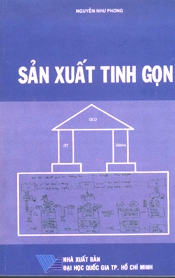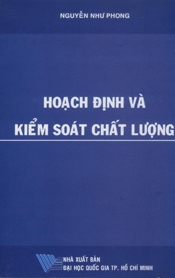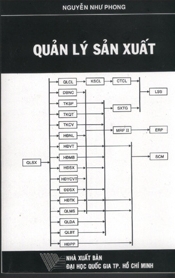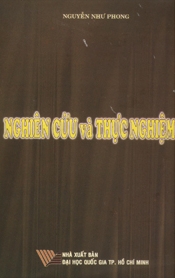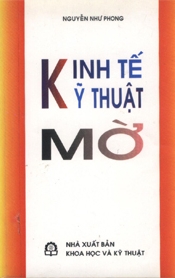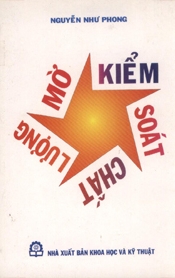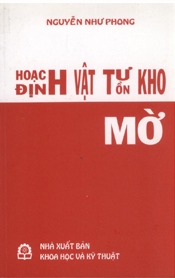
| Managing the Seed-Corn Supply Chain at Syngenta |
|
Managing the Seed-Corn Supply Chain at Syngenta. SCM 03 Philip C. Jones • Greg Kegler • Timothy J. Lowe • Rodney D. Traub Henry B. Tippie College of Business, University of Iowa, Iowa City, Iowa 52242 Syngenta Seeds, Inc., 7500 Olson Memorial Highway, Golden Valley, Minnesota 55427 Henry B. Tippie College of Business, University of Iowa, Iowa City, Iowa 52242 College of Business Administration, North Dakota State University, Fargo, North Dakota 58105 Địa chỉ email này đã được bảo vệ từ spam bots, bạn cần kích hoạt Javascript để xem nó. • ï¬ Địa chỉ email này đã được bảo vệ từ spam bots, bạn cần kích hoạt Javascript để xem nó. • Địa chỉ email này đã được bảo vệ từ spam bots, bạn cần kích hoạt Javascript để xem nó. • Địa chỉ email này đã được bảo vệ từ spam bots, bạn cần kích hoạt Javascript để xem nó.
Each year, Syngenta Seeds, Inc. produces over 50 seed-corn hybrids and the following year markets over 100 hybrids under the NK brand name. The fact that growing seed corn is a biological process dependent upon local weather and insect conditions during the growing season complicates production planning. In addition, customers’ experiences with a particular hybrid during a given year strongly influence demand for that hybrid during the next year. To help mitigate some of these yield and demand uncertainties, Syngenta (and other seed companies as well) take advantage of a second growing season for seedcornin South America, which occurs aftermanyoftheyielduncertaintiesandsomeofthedemanduncertaintieshave been resolved or reduced. To better manage this production-planning process, Syngenta and the University of Iowa developed and implemented a second-chance production-planning model. A trial of the model showed that using it to plan 2000 production would have increased margins by approximately $5 million. Today, Syngenta uses this model to plan production for those varieties that account for 80 percent of total sales volume. Inventory: production, uncertainty. Industries: agriculture, food.
|



